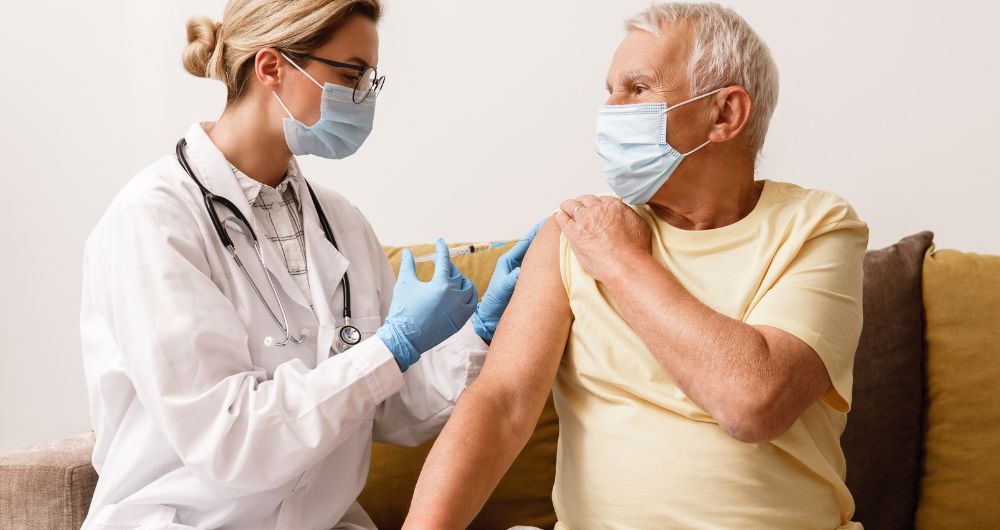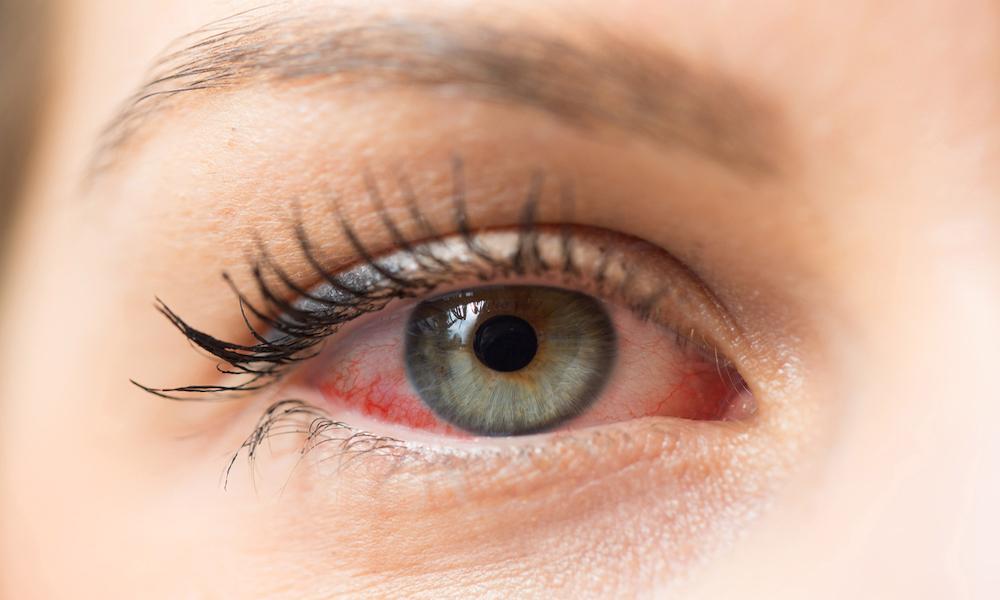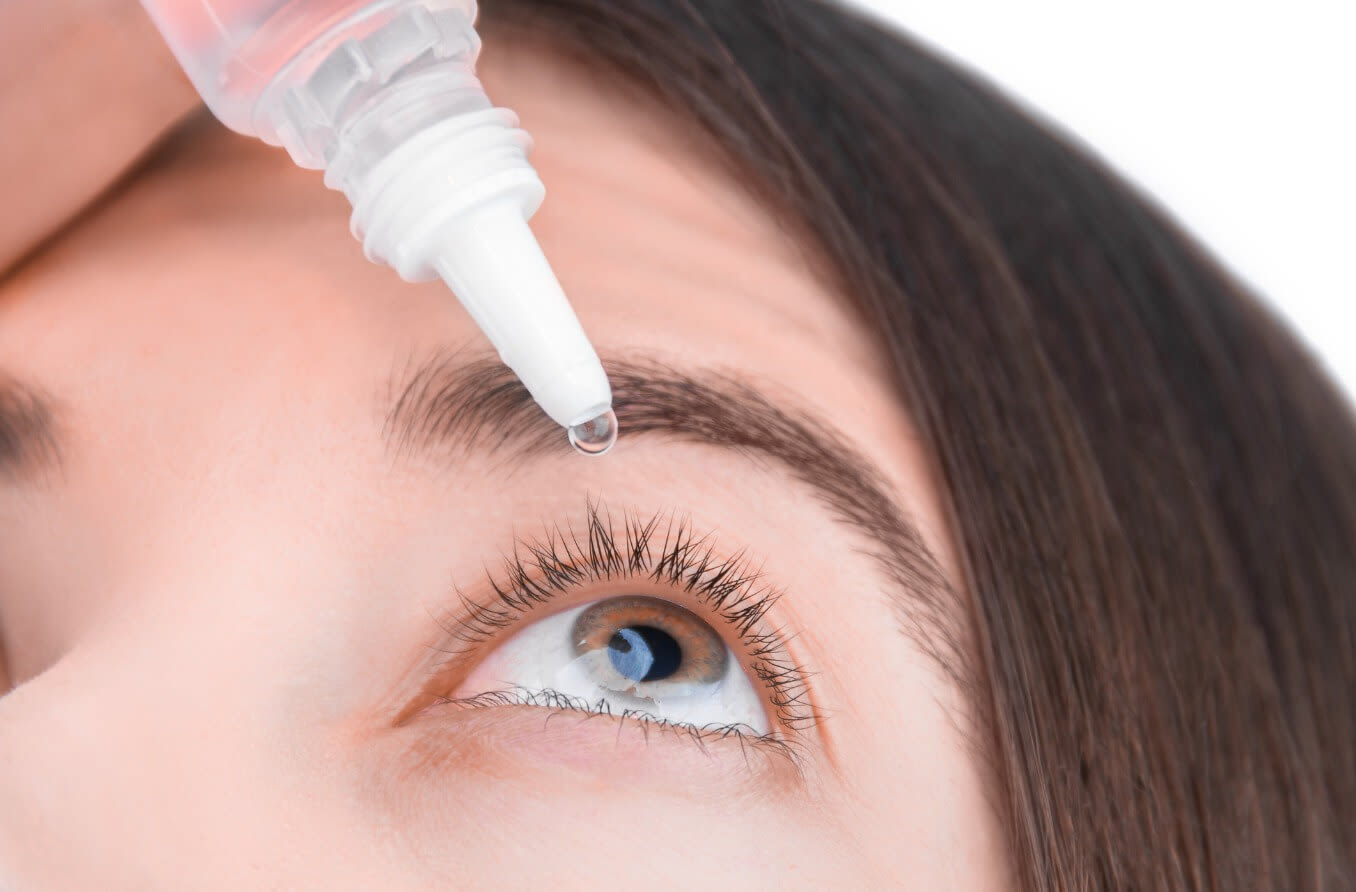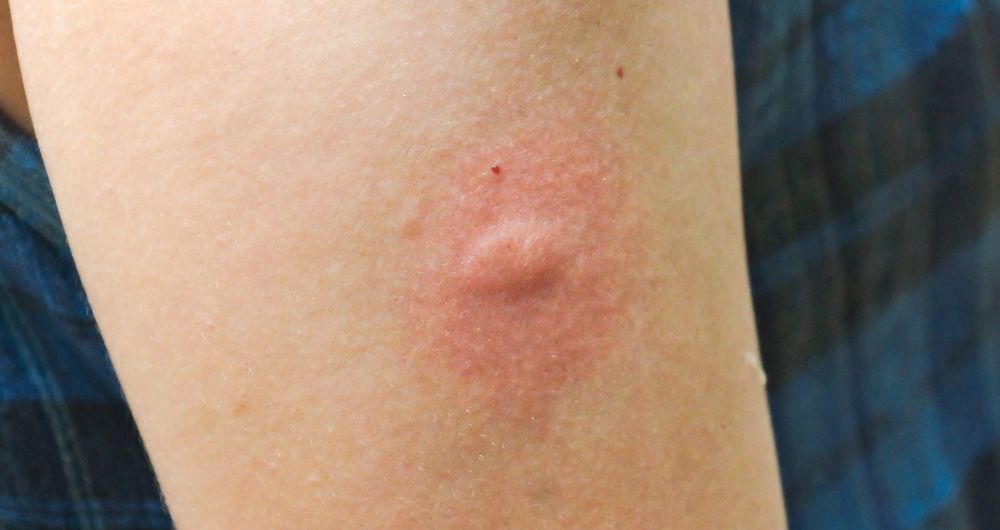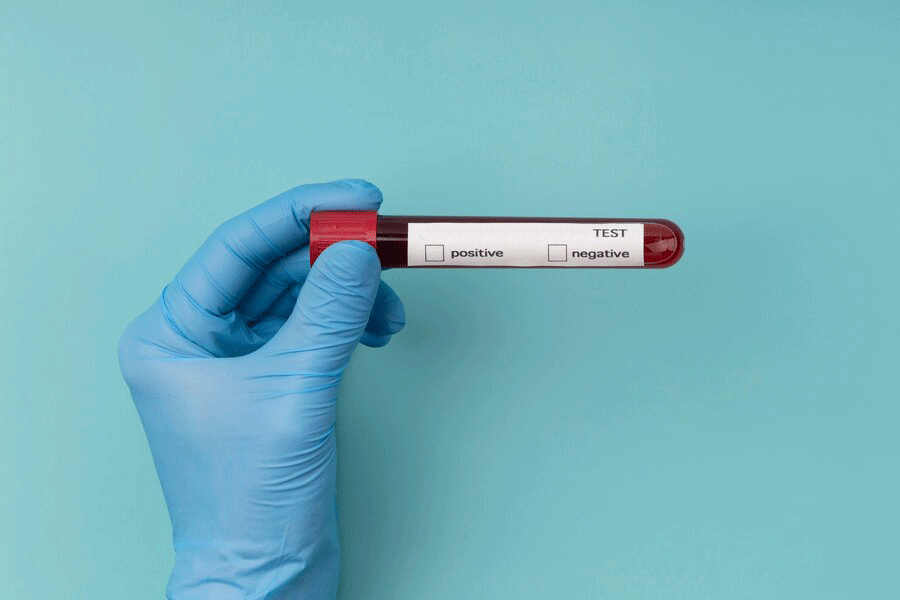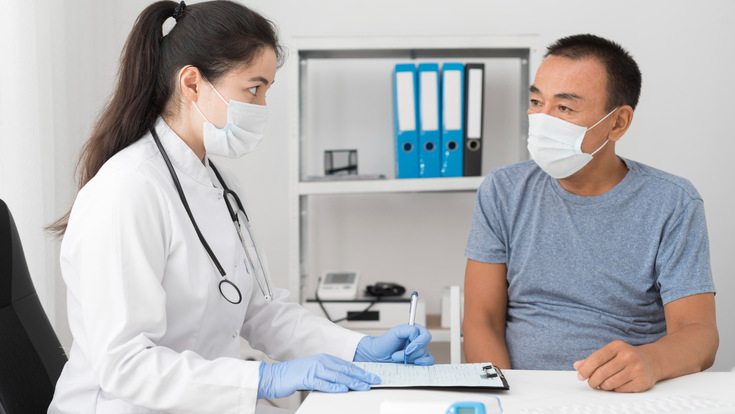
Top 10 Reasons to Seek an Urgent Care in North Haven, CT
When faced with non-life-threatening medical issues, seeking immediate attention is crucial to ensure prompt treatment and relief. Urgent care in North Haven, CT, provides accessible and efficient healthcare solutions for various conditions. Here are the top ten reasons you should consider visiting an urgent care facility in North Haven.
Table of Contents
What is an Urgent Care Center?
Top 10 Reasons to Seek Urgent Care in North Haven, CT
- Cold & Flu
- Sprains, Strains & Fractures
- Sore Throat
- Urinary Tract Infection (UTI)
- Lab Tests & Diagnostic Testing (including X-Rays)
- Allergy
- Gastrointestinal Upset
- Ear Infection
- Cuts, Scrapes & Burns
- Skin Irritations
How to Choose the Right Urgent Care in North Haven, CT
FAQs
Key Takeaways
- Urgent care in North Haven, CT, offers swift relief for cold and flu symptoms.
- Prompt treatment for sprains, strains, and fractures is available at urgent care facilities.
- Quick diagnosis and antibiotic prescriptions for sore throats are provided by urgent care.
- Essential UTI diagnosis and treatment services are offered at North Haven’s urgent care centers.
- Access to efficient lab tests and diagnostic imaging at local urgent care facilities.
- Immediate relief and allergy testing are available at urgent care in North Haven, CT.
- Urgent care swiftly addresses gastrointestinal upset with diagnostic tests and interventions.
- Swift assessment and treatment for ear infections are provided by urgent care.
- Urgent care ensures proper wound care and pain management for cuts, scrapes, and burns.
- Comprehensive treatments for skin irritations are available at urgent care in North Haven, CT.

1. Cold & Flu
The common cold and influenza (flu) are respiratory illnesses that affect millions of Americans yearly, with the Centers for Disease Control and Prevention (CDC) estimating that the flu alone results in 9.3 million – 41 million illnesses annually in the United States.
While both are caused by different viruses, they share similar symptoms, such as coughing, sneezing, fever, and sore throat, making them difficult to distinguish without medical testing. The impact of cold and flu extends beyond discomfort, contributing to significant morbidity and even mortality, particularly for vulnerable populations such as the elderly and those with compromised immune systems. The flu, in particular, poses serious health risks, leading to complications like pneumonia and exacerbating chronic conditions.
Symptoms
- Coughing
- Sneezing
- Fever
- Sore throat
- Nasal congestion
- Body aches
- Fatigue
Why Seek Urgent Care for Cold & Flu
Urgent care in North Haven, CT, offers prompt relief and management strategies for cold and flu symptoms. These centers provide timely diagnosis through rapid flu tests and other diagnostic tools, enabling swift initiation of appropriate treatments such as antiviral medications.
Early intervention with antiviral medications can reduce the duration and severity of the flu, particularly when administered within the first 48 hours of symptom onset. Additionally, urgent care facilities offer preventive measures like flu vaccinations, helping to protect individuals and communities from outbreaks and minimizing the spread of these illnesses.
2. Sprains, Strains & Fractures
Sprains, strains, and fractures are prevalent injuries that disrupt daily life by affecting the body’s musculoskeletal system. These injuries can range from minor ligament stretches to complete bone breaks, each requiring urgent care in North Haven, CT, to ensure proper healing.
Without prompt treatment, individuals may face prolonged discomfort and impaired mobility, significantly affecting their ability to perform daily tasks or engage in physical activities. The impact of these injuries on people’s lives can be substantial, leading to time off work or school, lengthy recovery periods, and sometimes long-term health issues if not properly treated.
Symptoms:
- Pain
- Swelling
- Bruising
- Difficulty moving or bearing weight on the affected area
How Urgent Care Assists in Sprains, Strains & Fractures Treatment
Urgent care in North Haven, CT, offers timely medical services, including on-site X-rays and diagnostic tests, ensuring quick and accurate diagnosis. With prompt diagnosis, patients can receive appropriate treatment strategies, such as immobilization, splinting, or casting, to facilitate proper healing. Additionally, urgent care centers may refer orthopedic specialists for further evaluation or follow-up care, ensuring comprehensive management of these injuries.

3. Sore Throat
Sore throats are a common ailment affecting millions of Americans annually, with estimates suggesting that about 10% of people visit doctors for a sore throat annually. The condition can result from various causes, including viral infections like the common cold or flu, bacterial infections such as streptococcus (strep throat), allergies, dry air, and pollution.
The pain from a sore throat can range from mild to severe and is often the first sign of an underlying illness. Viral infections are the most common cause, but when a sore throat is due to a bacterial infection like strep throat, prompt antibiotic treatment is required to prevent complications such as rheumatic fever or kidney inflammation.
Symptoms
- Throat pain or discomfort
- Difficulty swallowing
- Swollen glands
- Hoarseness
- Fever (in some cases)
Why Seek Urgent Care for Sore Throat
Urgent care in North Haven, CT, is pivotal in diagnosing and treating sore throats. The healthcare providers at these facilities can quickly distinguish between viral and bacterial sore throats through rapid tests and examinations. For bacterial infections, urgent care in North Haven, CT, can prescribe antibiotics to eliminate the infection and prevent complications. Additionally, they can offer guidance on over-the-counter remedies and home care techniques to alleviate symptoms of viral sore throats, ensuring patients recover comfortably and efficiently.
4. Urinary Tract Infection (UTI)
Urinary Tract Infections (UTIs) occur when bacteria infiltrate the urinary tract, causing infection in the bladder, urethra, or kidneys.
Symptoms
- Persistent urge to urinate
- Burning sensation during urination
- Cloudy urine
- Pelvic pain
Causes and Risk Factors
UTIs typically stem from the transfer of bacteria from the bowel to the urinary tract. Women are at a higher risk due to anatomical factors, such as the shorter distance between the anus and urethra, facilitating bacterial entry. Other risk factors include sexual activity, certain birth control methods, and menopause.
Why Seek Urgent Care for UTI
Urgent care in North Haven, CT, offers essential UTI diagnosis and management resources. These facilities conduct rapid and accurate diagnostic tests, including urinalysis and culture, to confirm the presence of a UTI and identify the specific bacteria causing the infection. Based on the test results, urgent care providers can promptly prescribe appropriate antibiotics to treat the UTI, alleviate symptoms, and prevent the disease from spreading or worsening.

5. Lab Tests & Diagnostic Testing (including X-Rays)
Lab tests and diagnostic testing, including X-rays, are pivotal in modern healthcare, as crucial tools for diagnosing and monitoring various medical conditions. These tests provide valuable insights that guide healthcare professionals in making informed decisions regarding treatment plans and interventions.
Why Undergo Lab Tests & Diagnostic Testing
- Confirming a diagnosis
- Monitoring disease progression
- Screening for health issues
- Managing chronic conditions
Locals can access reliable urgent care in North Haven, CT, that offers a wide range of lab tests and diagnostic imaging services. These facilities, known for their efficiency and accuracy, utilize state-of-the-art equipment to deliver results quickly. The availability of on-site X-rays and labs at reliable urgent care in North Haven, CT, like DOCS Urgent Care & Primary Care – North Haven ensures that patients receive comprehensive care under one roof.
6. Allergy
Over 50 million Americans are affected by allergies annually, triggered by common causes such as pollen, dust mites, pet dander, food, insect stings, and medications.
Symptoms
- Nasal congestion
- Itchy eyes
- Skin rashes
- Breathing difficulties
- Anaphylaxis
The diversity of allergy triggers and their broad spectrum of symptoms highlight the complexity of managing allergic reactions and the necessity for precisely identifying allergens.
Why Seek Urgent Care for Allergies
Centers for urgent care in North Haven, CT, like DOCS Urgent Care & Primary Care – North Haven, are essential in offering immediate relief to those suffering from allergic reactions. Not only do these facilities treat the acute symptoms of allergies, such as sneezing, itchy or watery eyes, and skin rashes, but they also provide allergy testing. This testing is crucial for determining the specific allergens responsible for an individual’s reactions, enabling tailored management strategies to help avoid triggers and mitigate future allergic responses.
7. Gastrointestinal Upset
This condition can arise from various causes, including food intolerances, infections, gastrointestinal disorders like irritable bowel syndrome (IBS), or even stress. The disruptive nature of gastrointestinal upset can significantly impact daily life, affecting an individual’s ability to perform tasks and causing discomfort.
Symptoms
- Abdominal pain
- Bloating
- Diarrhea
- Nausea
- Vomiting
Why Seek Urgent Care for Gastrointestinal Upset
Urgent care providers are equipped to assess symptoms, perform necessary diagnostic tests, and offer appropriate interventions such as medications to alleviate discomfort, intravenous fluids to prevent dehydration, or referrals for further evaluation by specialists if needed.

8. Ear Infection
Ear infections are a common ailment, especially among children, characterized by inflammation or infection of the middle ear. They often develop due to viral or bacterial infections, which may follow a cold or respiratory infection.
Symptoms
- Ear pain
- Pressure or fullness in the ear
- Hearing loss
- Ear drainage
- Fever
- Irritability (especially in children)
Why Seek Urgent Care for Ear Infection
Urgent care in North Haven, CT, can assess symptoms, perform a thorough ear examination, and utilize otoscopes to visualize the ear canal and eardrum. Depending on the severity of the infection, treatment may include prescription ear drops or oral antibiotics to clear the infection and relieve discomfort.
9. Cuts, Scrapes & Burns
Cuts, scrapes, and burns are common injuries during daily activities like cooking, playing sports, or doing household chores. These injuries lead to breaks in the skin or damage to underlying tissues, causing pain, swelling, and potential infection. While minor cuts and scrapes can often be managed at home with proper cleaning and bandaging, more severe wounds, such as deep cuts or burns, may require medical attention to prevent complications like infection or scarring. Burns, in particular, can range in severity from mild first-degree burns to severe third-degree burns, necessitating specialized medical care.
Symptoms
- Pain
- Swelling
- Redness
- Heat around the wound
- Blistering (in the case of burns)
Why Seek Urgent Care for Cuts, Scrapes & Burns
Prompt medical attention for cuts, scrapes, and burns is essential to ensure proper wound care and prevent complications. Urgent care in North Haven, CT, like DOCS Urgent Care & Primary Care – North Haven, offers immediate assessment and treatment for these injuries. Healthcare providers can clean the wound thoroughly to prevent infection, apply appropriate dressings or sutures for proper healing, and provide pain management options to alleviate discomfort.
Additionally, urgent care centers in North Haven, CT, are equipped to assess burns and determine their severity. They can provide tailored treatment, including topical ointments, administer pain medication, or refer patients to specialized burn centers for further care.
10. Skin Irritations
Skin irritations encompass a broad spectrum of conditions affecting the skin, from minor rashes to more severe dermatological issues. These irritations can arise from various factors, including allergic reactions, contact with irritants, infections, or underlying skin conditions like eczema or psoriasis.
Symptoms
- Itching
- Redness
- Inflammation
- Pain or discomfort
- Presence of bumps, blisters, or lesions
Why Seek Urgent Care for Skin Irritations
Urgent care in North Haven, CT, provides comprehensive treatments for skin irritations to alleviate symptoms and promote healing. These facilities offer various interventions, including:
- Topical creams or ointments to soothe itching and inflammation
- Antihistamines to alleviate allergic reactions
- Antibiotics for bacterial infections
- Corticosteroid injections for severe inflammation
- Wound care for cuts or scrapes
Lorem ipsum dolor sit amet, consectetur adipiscing elit. Ut elit tellus, luctus nec ullamcorper mattis, pulvinar dapibus leo.
FAQs
When should I choose urgent care over the ER?
Choose urgent care in North Haven, CT, for non-life-threatening conditions that require immediate attention, saving the ER for serious, life-threatening issues.
Can I get prescriptions from an urgent care center?
Yes, urgent care in North Haven, CT, can prescribe medications for various conditions, providing a one-stop solution for your healthcare needs.
Do I need an appointment for urgent care in North Haven, CT?
No appointment is necessary. Urgent care in North Haven, CT, typically operates on a walk-in basis, offering convenient access to healthcare services.
How long is the typical wait time at urgent care in North Haven?
Wait times can vary, but urgent care centers in North Haven, CT, are generally much quicker than emergency rooms. Most patients are seen within minutes to an hour of arrival, depending on the severity of the cases ahead of them.
What should I bring with me to an urgent care visit?
When visiting an urgent care in North Haven, CT, bring your ID, insurance information, and any relevant medical records or medications you’re taking. This will help expedite your visit and ensure you receive the most accurate care.
Experience Exceptional Care at DOCS Urgent Care & Primary Care – North Haven Today!
When faced with non-life-threatening medical concerns, seeking care at an urgent care facility in North Haven, CT, is a wise choice. With prompt attention, comprehensive services, and convenient hours, facilities like DOCS Urgent Care & Primary Care – North Haven ensure that residents receive the quality healthcare they deserve. Trust in our experienced staff and modern facilities to provide efficient and effective treatment. Contact us and make us your first choice for reliable and accessible healthcare.
Recent Posts
- 5 Frequently Asked Questions About STD Testing
- 7 Signs of Staph Infection and When to Seek Urgent Care in Bridgeport, CT
- 5 Tips for Managing Fever at Home and When to Visit Urgent Care in Southington, CT
- 9 Signs of Diabetes in Children: Insights from Primary Care Doctor in Bridgeport, CT
- How to Manage Stress and Prevent Migraines: Expert Tips by Urgent Care in Danbury, CT
Categories







